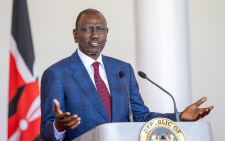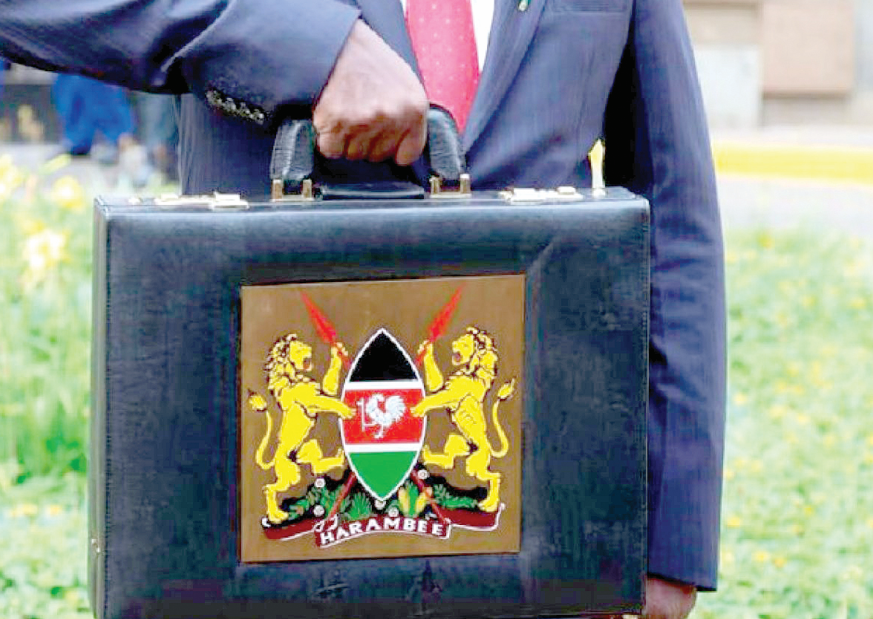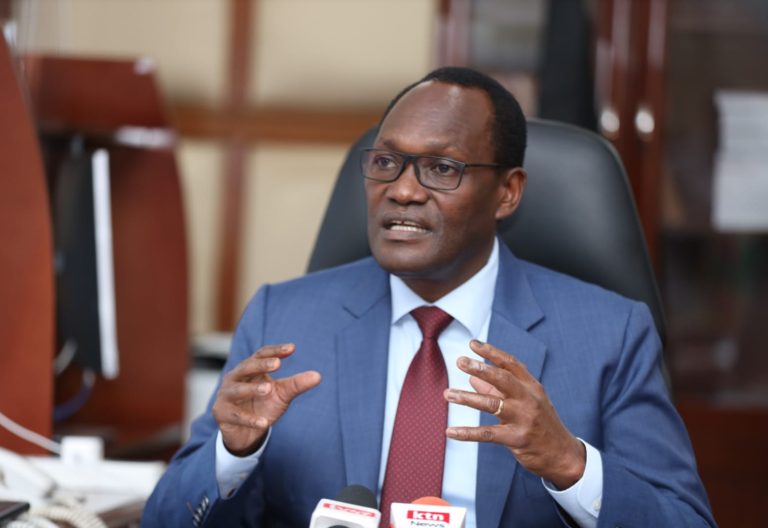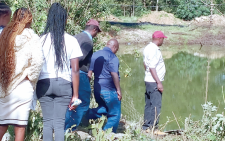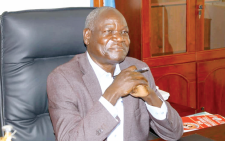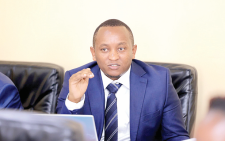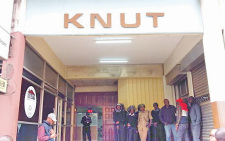How CSOs keep county in check
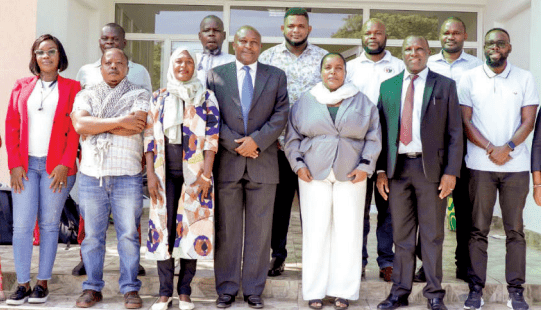
Early this year, a delegation from Mombasa County embarked on a journey to Makueni County for an exchange learning visit.
The core reason for the travel was to learn about devolution from a county that today stands out for successfully executing devolution.
Since its inception in 2013, Makueni County has successfully fronted the involvement of its citizens in governance. The county has established mechanisms allowing its residents to participate and have a say in their budgetary allocations and development projects.
Aside from its transparent governance, the county has made applaudable strides in improving service delivery, especially in healthcare services and infrastructure.
While it cannot be termed as in its deathbed, for years, matters of public participation and service delivery in Mombasa County have been neglected, therefore in need of much improvement, making the Makueni County a perfect pacesetter on inclusion of its resident’s opinions in their decision-making.
Learning lessons Nolly Wilson Raye, the Secretary of the Coast Civil Network for Human Rights says learning from Makueni was the reason why the trip was very important for its members.
The network brings together various civil society organisations from Mombasa that deal with governance and development issues.
“Even though Mombasa has a Public Participation Act of 2017 and Public Participation Policy that according to the uploaded documents on the county website was validated in 2020, there has been a lack of goodwill to meaningfully and ethically engage the citizens.
However, civil societies have come together to keep the county in check participation was done, but at subcounty levels, which then limited active participation for all due to proximity to the lowest level of administration which are wards.
And in some cases such as Kisauni Sub-county, which is expansive, the distance limited the citizen’s engagement,” Nolly says. He however says under the Kenya Devolution Program dubbed “Timiza Ugatuzi” and which is being supported by United Kingdom (UK) Embassy in Kenya, counties have the opportunity to learn from each other on the best practises around devolution.
He notes that Makueni under the former governor, Kivutha Kibwani, set an outstanding precedence to fully realise the goals of devolution.
The meeting was important for the team to learn on projects’ designing, implementation and management and also an opportunity for them to understand the legal policy ecosystem that makes devolution operate with efficiency.
Revenue sourcing While in Makueni, members of the civil societies networks representing different thematic areas held reflections on the fruits of devolution with the host network in the county, had several field visits to devolved projects learning about their implementation and adherence to public processes, held exchange learning with officials of the county government including the county assembly legal department, committee on public administration and governance, executive finance procurement and also best practises in self revenue sourcing mechanisms and social accountability.
Pamba Juma, founder of Kama Si Mama Nisingesema organisation says the exchange visit was an opener as they learnt how civil societies were spearheading change on effective public participation and the impact was remarkable. “For instance, they have taken public participation to the villages while for us in Mombasa, we are still doing it at sub-county level.
We have, however been pushing for changes and already the public participation are now happening at the ward level. Also, they have a proper policy for feedback while in Mombasa County is still struggling on receiving feedbacks and working on them. In terms of information sharing about the public participation, Makueni County utilises chiefs, local radio and also leaders more.,” the activist say.
This activity was one of the provisions of the three-phase program funded by Act Change Transform (ACT) organisation – under the Kenya Devolution Program (KDP Timiza- Ugatuzi) supported by UKAID through its Kenya Foreign Commonwealth Development Office.
The program’s goal is to ensure implementation of a seven-month project whose main objectives include enhancing the utilisation of own source revenue by the county government of Mombasa, improving health service delivery and enhancing the capacity of the network leadership.
The KDPTimiza Ugatuzi will contribute in making devolution more effective in Kenya, with a particular emphasis on improving service delivery. Empowering networks Now entering its third phase, the program which is spearheaded by Muslims for Human Rights, has been able to bring about some notable progress in upholding devolution in Mombasa County.
According to the Chairman of the Network, Zedekiah Adika, some of these achievements include; improvement in strengthening of institutions of public engagements, salary payments for county staff, stability in rise of own source revenue from Sh4.3 billion upto Sh5.1 billion annually, timely sharing of information from the budget estimates as well as capturing of certain budget lines for Mombasa county ward based community initiatives.
“Generally, the program has played a great role in strengthening of civil societies to advocate for issues of the people in the region, including devolution process and all roles that are supposed to be devolved,” shares Zedekiah.
Florence Osoo, the chairperson of says the next phase of the program which will run for six months, will support the network in pushing for proper institutionalisation of Mombasa County including; internal audit committee, clarity about the Mombasa city board, push for more resources to vocational training from Sh.35 million to Sh.47 million, proper conduct of public officers in conducting the rule of law, consistent public participation and accountability on procurement.
“When we started this program, the working environment between the county and civil societies was not very good. We have seen improvement in identifying issues that are in the society, and growth in working with the civil societies. We are positive that this next phase will have a significant impact and meet the goal of the program,” concludes Florence.
ACT Is a non-governmental organisation that has been working in the region to build the capacity of organisations and now networks, to implement their programs especially those that fall around democracy, governance and human rights.






